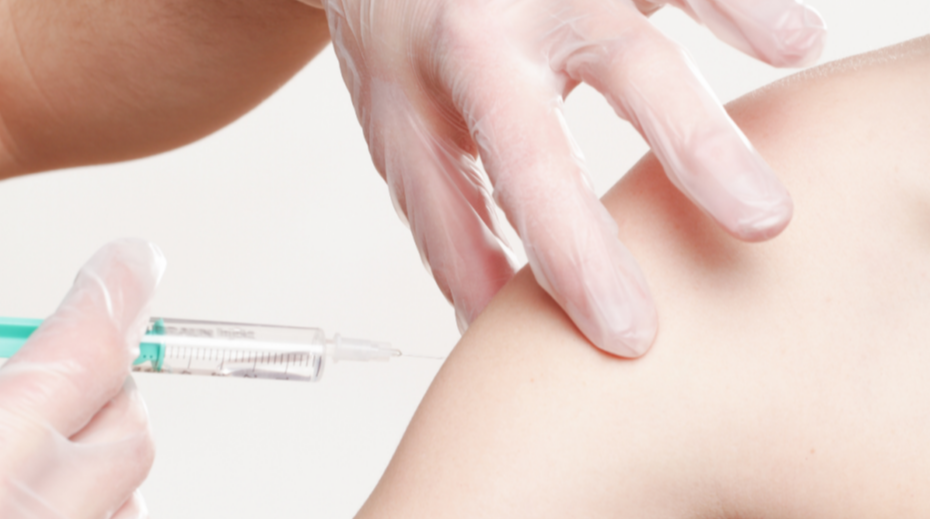
The region will fail to vaccinate 80 percent of its residents this year. Photo: File/RHC
By Roberto Morejón
Latin America and the Caribbean have the same difficulty with regard to vaccinations against COVID-19 as in the distribution of Gross Domestic Product, that is to say, the accentuated inequality, among the most acute in the world.
The region only obtained vaccines with all the doses for 37 percent of the people, according to PAHO (Pan American Health Organization) data.
In other words, in Latin America and the Caribbean, seven out of every 10 people remain unprotected against the lethal disease.
In view of such evidence, the organization insisted on asking countries with surpluses -- the richest ones -- to share biologicals.
Unfortunately, the lack of willingness to do so has been demonstrated, with honorable exceptions, as speeches prevail and NOT concrete gestures.
While the exhortation was taking shape, the nations south of the Rio Bravo received last week 875 thousand doses of immunogens against the new coronavirus, insufficient for the protection of all those required.
While Uruguay shows a vaccination coverage of more than 77 percent, Haiti only reflects 0.35 percent of the population.
Among the causes of the delays in supplies, the lethargy in deliveries through the Covax mechanism, supported by the World Health Organization and supplied by countries and laboratories, stands out.
PAHO's claims are appropriate for a region where nearly 1.2 million new cases of Covid-19 and 24,000 deaths were reported in the last week.
The experts point out with concern the inconvenience of reaching with the life-saving substance broad strata of the population dependent on informal jobs, which are today the hardest hit by the crisis derived from the pandemic.
As was raised at the CELAC (Community of Latin American and Caribbean States) summit in Mexico, the area requires greater cooperation to achieve the goals of facing SARS-Cov-2 in better conditions.
Cuba offered its readiness based on the indigenous production of three biologicals, locally accepted for emergency use.
But presumably, the region will not be able to vaccinate 80 percent of its residents this year, hence the imperative of a joint effort to reach more equitable procedures, especially when the dangerous delta variant is still present, with its burden of more cases and deaths.

